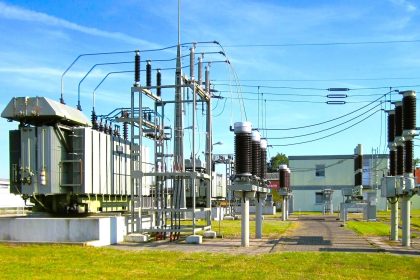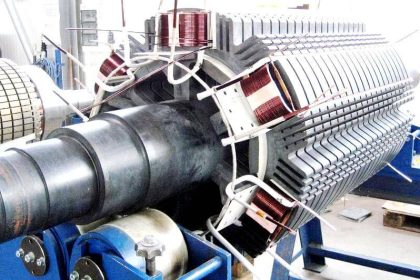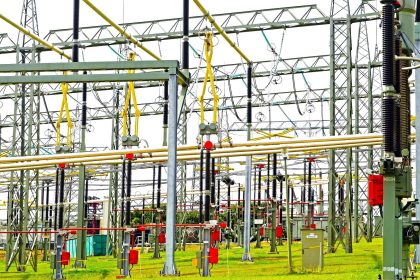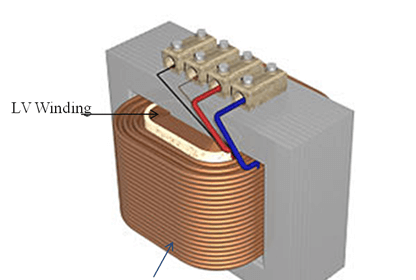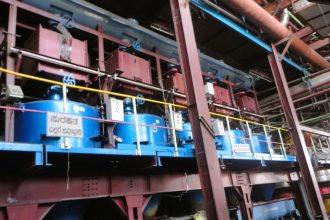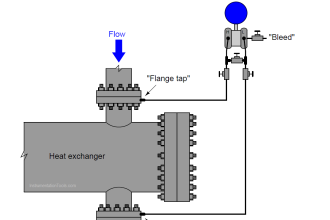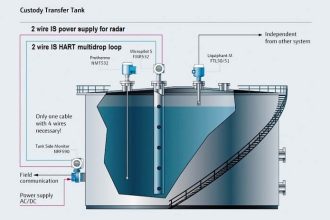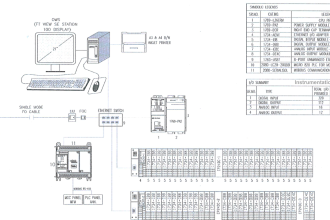Normal loads on ac supply system are inductive in nature (eg: motors, power transformers, voltage regulators, induction furnace, choke coils, magnetic systems, discharge tubes etc) Inductive power requires reactive power in addition to active power (active power is required to do the true work). The reactive power increases the load imposed on the system.
When a capacitor is installed across an inductive load (i.e, parallel to the load), the load starts receiving reactive power from the capacitor and thus capacitor power neutralizes the reactive power requirement of the inductive load. Consequently the supply system is relieved from producing reactive power to the load and it can able to deliver greater active power. When the power factorimproves towards unity, the transmission losses decreases due to reduced current and the system voltage improves. A healthy supply enables machines and protection equipment to give optimum output in terms of performance and operational life span.
Some of the advantages due to installing shunt capacitors in the power system are explained below
- For a particular active power (kW) the resultant demand (kVA) is subsequently reduced. So additional machines can be installed for given sanction of kVA load
- Since voltage drop is minimized, motor torque capability ( Torque α Voltage2 ) improves, so starting time and the motor heating gets considerably reduced. Motor current requirement for the same output is lesser
- Because of less heating, the ageing of the insulation becomes slow and thus the life of the machine and the cables increases
- Switchgear wear and tear is minimized because of lesser arcing energy dissipation (i.e, lesser acing time) at higher power factor
- Reduced losses in the feeders lead to lesser voltage drop, hence greater voltage regulation
